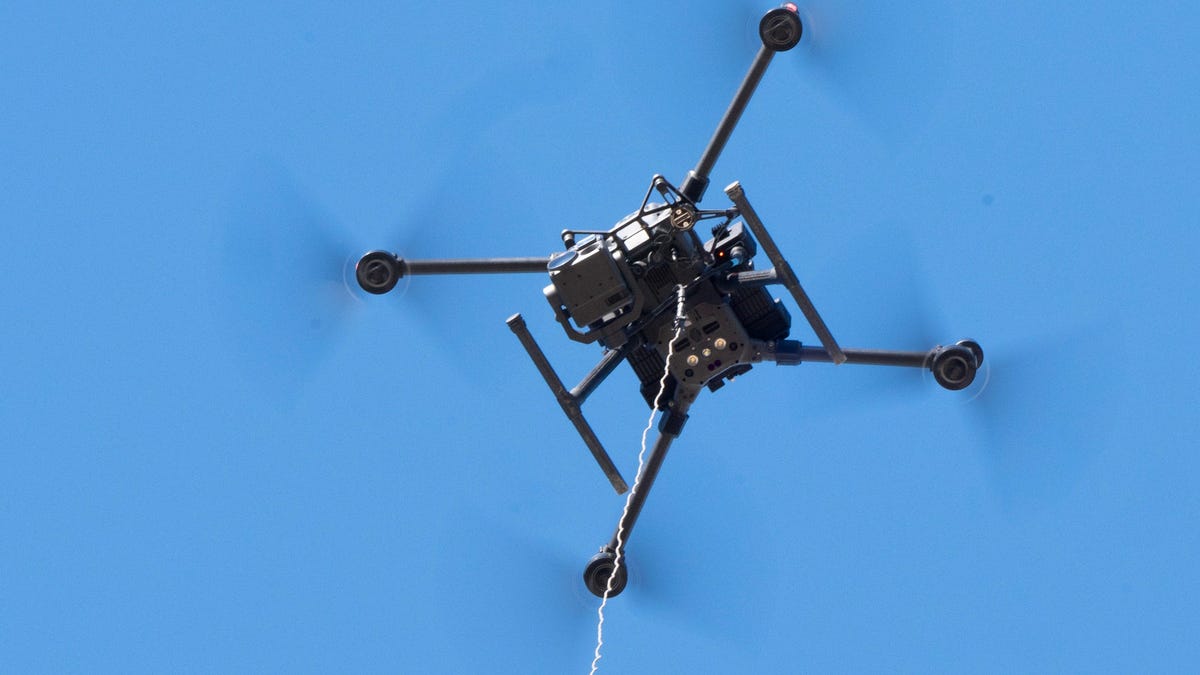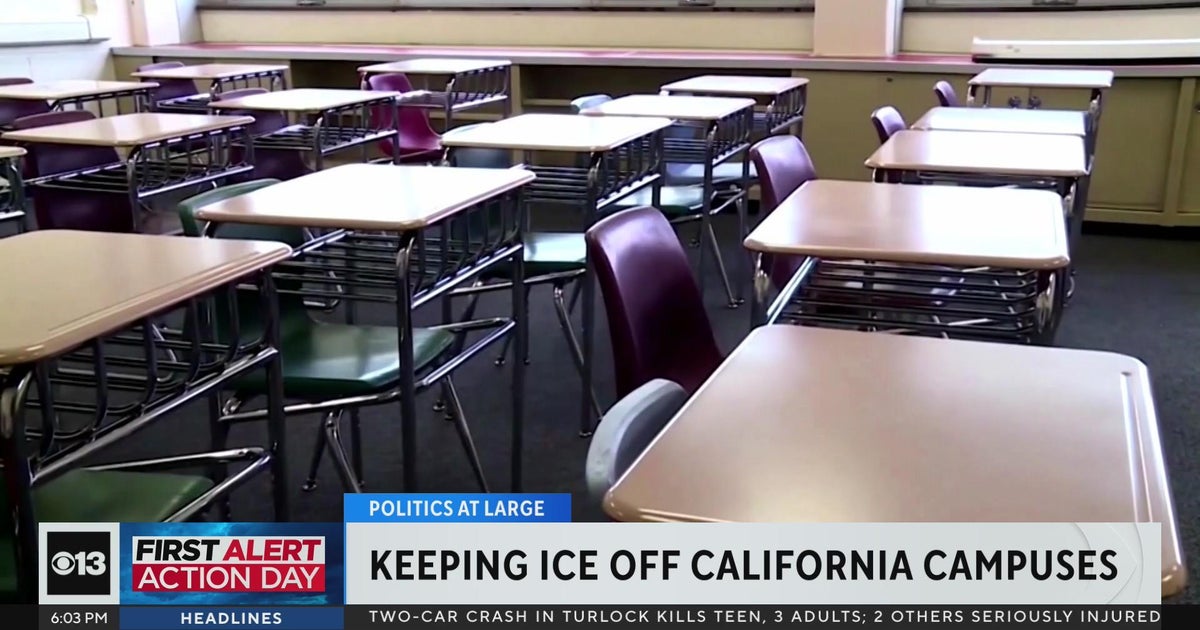Louisiana
Louisiana lawmakers approve anti-LGBTQ+ bills that include ban on trans care for minors

BATON ROUGE, La. – Louisiana is poised to become the latest state to enact laws targeting the LGBTQ+ community, after the Republican-controlled Legislature on Tuesday sent a package to the Democratic governor that includes a ban on gender-affirming care for minors.
The Legislature also overwhelming passed Louisiana’s version of a “Don’t Say Gay” bill and a measure outlining pronoun usage for students.
Democratic Gov. John Bel Edwards opposes the legislation, but has not said whether he would veto the bills. Republicans hold a veto-proof majority in the Legislature, and the bills passed largely along party lines. Last year, Edwards chose not to block a Louisiana law banning transgender athletes from participating in women and girls sports competitions, saying it was clear a veto would be overridden.
Debate in the Legislature over the transgender care measure was marred by misinformation, religious arguments, hours of emotional testimony from the LGBTQ+ community, and a dramatic resurrection of a bill once presumed dead. It echoed what is happening in many statehouses across the country, as bills targeting the transgender community have topped conservative agendas. Louisiana’s measure would take effect Jan. 1.
This year alone, more than 525 anti-LGBTQ+ bill have been introduced in 41 states, according to data collected by the Human Rights Campaign. Among that legislation, more than 220 measures specifically target transgender youths, the organization found. On Tuesday, HRC declared a state of emergency for LGBTQ+ people in the U.S., releasing a guidebook containing resources to help people relocate to states with stronger LGBTQ+ protections.
Republicans maintain that they are trying to protect children by banning care that can include puberty blockers, hormone treatment and surgery. Opponents argue it would do the opposite, leading to heightened risks of stress, depression and suicidal thoughts among an already vulnerable group.
Gender-affirming care for transgender children has been available in the United States for more than a decade and is endorsed by major medical associations.
Yet at least 19 states have now enacted laws restricting or banning it for transgender minors: Alabama, Arkansas, Arizona, Florida, Georgia, Idaho, Indiana, Iowa, Kentucky, Mississippi, Montana, Nebraska, North Dakota, Oklahoma, Tennessee, Texas, Utah, South Dakota and West Virginia. A federal judge temporarily blocked portions of Florida’s new law Tuesday in a ruling narrowly focused on three children whose parents sued.
Federal judges have blocked enforcement of laws in Alabama and Arkansas, and Oklahoma has agreed to not enforce its ban while opponents seek a temporary court order blocking it. Several other states are considering bills this year to restrict or ban care. A proposed ban is pending before Missouri’s governor.
Opponents of a Louisiana ban, including the American Civil Liberties Union of Louisiana, are urging Edwards to veto it.
“Our state should be a safe place to raise a child, and this law threatens to deny transgender youth the safety and dignity they deserve,” the organization said in a written statement Monday. “This extreme government overreach harms everyone in our state, especially transgender Louisianans, and we all deserve better.”
Another bill passed by the Legislature would broadly ban K-12 public school employees in Louisiana from discussing sexual orientation or gender identity in the classroom. It is similar to a law enacted in Florida last year that critics dubbed, “Don’t Say Gay.” So far, three other states — Alabama, Arkansas and Iowa — have enated similar similar “Don’t Say Gay” laws, according to HRC.
Additionally, Louisiana lawmakers passed legislation requiring public school teachers to use the pronouns and name that align with a student’s sex assigned at birth. Under the bill, a parent can give written consent for pronouns, not consistent with the student’s sex assigned at birth, to be used. However a teacher can override the parent’s request “if doing so would violate the employee’s sincerely held religious beliefs.”
Other statehouses across the U.S. are considering similar legislation, which would formally allow or require schools to deadname transgender students or could out them to their parents without consent. Deadnaming refers to using the name a transgender person used prior to transitioning.
Copyright 2023 The Associated Press. All rights reserved. This material may not be published, broadcast, rewritten or redistributed without permission.

Louisiana
Louisiana sets special election for state Senate seats • Louisiana Illuminator

Louisiana will hold a special election Feb. 15 for open state Senate seats in Baton Rouge and Lafayette.
A runoff, if needed, will be held March 29, on the same ballot as Gov. Jeff Landry’s proposed tax and criminal justice state constitutional amendments.
Sens. Cleo Fields, D-Baton Rouge, and Jean-Paul Coussan, R-Lafayette, are leaving the Louisiana Legislature to take their new positions in Congress and on the Public Service Commission, respectively. Their resignations will leave Senate districts 14 and 23 open.
The candidate qualifying period for both Senate seats will take place Jan. 7-9.
State Rep. Larry Selders, R-Baton Rouge, and former state school board member Carolyn Hill, D-Baton Rouge, have both said they will run to replace Fields. State Rep. Brach Myers, R-Lafayette, and Broussard Councilman Jesse Regan, also a Republican, have said they will run to replace Coussan.
Louisiana
Is it legal to shoot down a drone in Louisiana? What the FAA says

NY officials call for federal action on mysterious drone sightings
After a series of reported drone sightings in the Northeast, New York officials called for federal action.
Recently, there have been sightings of unidentified drones flying above New York, New Jersey and other Northern states.
In Louisiana, there haven’t been many drone sightings, except for one drone that was spotted flying in Mandeville in the southern part of the state.
Drone sightings in the U.S.
The flying of personal drones is a hobby many individuals take part in, however, after recent drone sightings, people are becoming suspicious of these drones.
After concerns increased regarding the drones flying in the northeastern part of the country, law enforcement conveyed that the drones do not appear to be a threat to public safety. However, lawmakers have in turn called for more restrictions on who should be allowed to fly drones.
In addition to this, the FBI and other agencies have begun investigating these drones, and have asked individuals to share videos, photos and other information about the drones.
While the drone situation is still being investigated, officials from the FBI and other agencies have released reports assuring citizens that the drones do not pose a threat to public safety or national security, and that the drones are not the handiwork of a malicious foreign body.
Can you shoot down a drone in Louisiana?
Say you spot one of these unidentified drones flying over your property in Louisiana, would you be allowed, under state law, to shoot it down?
Under federal law, it is illegal to shoot down an aircraft, even if it’s unmanned. The Federal Aviation Administration says that shooting an unmanned aircraft could result in a civil penalty from the FAA and/or criminal charges from federal, state or local law enforcement.
Federal law also says that anyone who damages, destroys, disables or wrecks any kind of aircraft in U.S. airspace will be subjected to fines or be sentenced to up to 20 years in prison.
Also, individuals who attempt to fire at a drone could potentially face charges for reckless endangerment and criminal mischief if a lawfully operated aircraft is damaged.
In relation to this, the Department of Homeland Security has the authority to deal with unmanned aircrafts through the Preventing Emerging Threats Act of 2018.
Louisiana
Entergy CEO Phillip May: Project with Meta in Richland Parish only the beginning

Kevin Janda, center, Meta director of Data Center Strategy, speaks with Gov. Jeff Landry, left of Janda, after an event in Rayville, La., Wednesday, Dec. 4, 2024, to announce that Meta will build an artificial intelligence optimized data center in Richland Parish.
-

 Technology1 week ago
Technology1 week agoStruggling to hear TV dialogue? Try these simple fixes
-

 Business1 week ago
Business1 week agoOpenAI's controversial Sora is finally launching today. Will it truly disrupt Hollywood?
-

 Politics3 days ago
Politics3 days agoCanadian premier threatens to cut off energy imports to US if Trump imposes tariff on country
-
/cdn.vox-cdn.com/uploads/chorus_asset/file/25782636/247422_ChatGPT_anniversary_CVirginia.jpg)
/cdn.vox-cdn.com/uploads/chorus_asset/file/25782636/247422_ChatGPT_anniversary_CVirginia.jpg) Technology5 days ago
Technology5 days agoInside the launch — and future — of ChatGPT
-
/cdn.vox-cdn.com/uploads/chorus_asset/file/25789444/1258459915.jpg)
/cdn.vox-cdn.com/uploads/chorus_asset/file/25789444/1258459915.jpg) Technology3 days ago
Technology3 days agoOpenAI cofounder Ilya Sutskever says the way AI is built is about to change
-

 Politics3 days ago
Politics3 days agoU.S. Supreme Court will decide if oil industry may sue to block California's zero-emissions goal
-
/cdn.vox-cdn.com/uploads/chorus_asset/file/25546252/STK169_Mark_Zuckerburg_CVIRGINIA_D.jpg)
/cdn.vox-cdn.com/uploads/chorus_asset/file/25546252/STK169_Mark_Zuckerburg_CVIRGINIA_D.jpg) Technology3 days ago
Technology3 days agoMeta asks the US government to block OpenAI’s switch to a for-profit
-

 Politics4 days ago
Politics4 days agoConservative group debuts major ad buy in key senators' states as 'soft appeal' for Hegseth, Gabbard, Patel



















